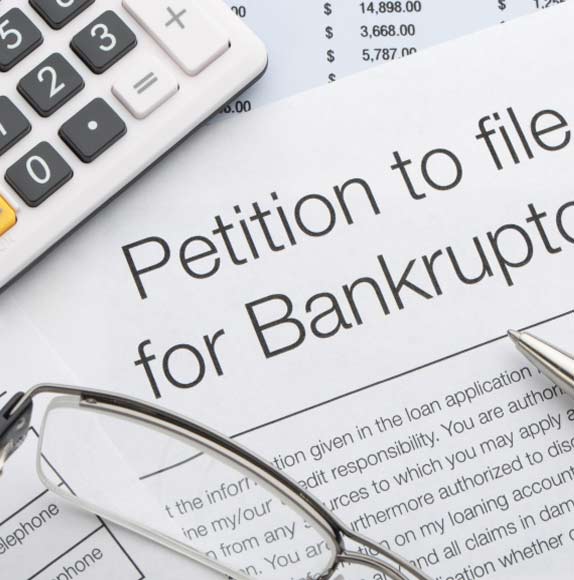The Problems With Loan Modifications
Well, not exactly. The main problem with relying on obtaining a mortgage modification as the solution to your foreclosure problems is that you are essentially at the whim of your mortgage lender. After several months of being told that more information is needed (in addition to the numerous times that you have been told that the documents you mailed were never received), it is likely that you will receive a written notice that you do not qualify for the modification. And, to add insult to injury, another letter comes in the mail notifying you of the date that the mortgage company has scheduled an auction sale of your house.
Advantages Of Filing For Bankruptcy: The Automatic Stay
When dealing with modifications (whether attempting the process yourself or paying thousands of dollars to have a professional assist you), you need the approval of the mortgage company for the modification and their willingness to stop the foreclosure proceedings. With a Chapter 13 bankruptcy plan, you do not need the permission of your lender — the filing of the bankruptcy petition will automatically stop the foreclosure action (by law, there is an automatic stay of proceedings upon the filing of a bankruptcy). You eventually will need to have the Chapter 13 plan confirmed by the U.S. bankruptcy judge assigned to your case. If your bankruptcy attorney has properly prepared your Chapter 13 plan and you are making the required monthly payments, that should happen without any difficulties.
Removing A Second Mortgage
Another main difference between a modification and bankruptcy is that, while the filing of the bankruptcy will not change the terms of your loan, if you have a second (or a third) mortgage, it is very likely that you will be able to strip off that other mortgage. You will no longer need to make payments on the second mortgage and, once the Chapter 13 plan is completed, that second mortgage will be discharged, meaning that you will be left with only the first mortgage on your house.
If you are behind on your mortgage payments or are having a difficult time making the payments on your first and second mortgage loans, contact the Law Offices of Ira C. Yellin, LLC, to discuss the differences between loan modification and the filing of a bankruptcy and to see how a bankruptcy can bring you the financial relief you are seeking.
Get Your Free Consultation Now With A Chapter 13 Bankruptcy Attorney
For more information on the differences between a loan modification and the filing of bankruptcy or to schedule a free initial consultation with an experienced bankruptcy lawyer, please
contact the Law Offices of Ira C. Yellin, LLC, today.
Call our Franklin, Massachusetts office at 508-528-8885. You can also email us to learn more about our legal services.
When representing consumer debtors in connection with bankruptcy, the Law Offices of Ira C. Yellin, LLC, is a debt relief agency as defined by the Bankruptcy Code, 11 USC § 101(12A).

